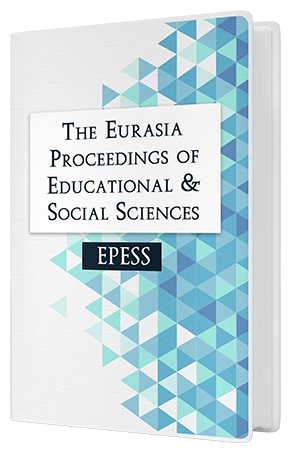SELF EFFICACY AS MEDIATOR BETWEEN LEARNING AND BEHAVIOUR AMONG IN-SERVICE SCIENCE TEACHERS TRAINING PROGRAMME OF HIGHER ORDER THINKING SKILLS
Keywords:
Learning, self-efficacy, behaviour, training, higher order thinking skillsAbstract
The aim of this study is to explore the relationship between learning and behaviour among Malaysian science teachers after attending the In-Service Teachers Training Programme of Higher Order Thinking Skills (HOTS) which was mediated by their self-efficacy. The four-level model of Kirkpatrick was applied to evaluate training effectiveness at two levels, learning and behaviour based on the application of Bandura’s social cognitive theory. Multiple regression analyses indicate that self-efficacy mediated the relationship between learning (Knowledge, Skills, Attitude change) and behaviour. One of the practical implications emerging from this study is the importance of promoting and encouraging teacher participation in hand-on and HOTS-oriented activities. Such activities not only develop their self-confidence, but enhance their self-efficacy when implementing teaching and learning innovations related to HOTs. In terms of modification of the four-level model, the school organiser of the HOTS Programme should also include “self-efficacy” in the evaluation process in order to improve its effectiveness.Downloads
Published
Issue
Section
License
Copyright (c) 2017 The Eurasia Proceedings of Educational and Social Sciences

This work is licensed under a Creative Commons Attribution-NonCommercial-ShareAlike 4.0 International License.
The articles may be used for research, teaching, and private study purposes. Any substantial or systematic reproduction, redistribution, reselling, loan, sub-licensing, systematic supply, or distribution in any form to anyone is expressly forbidden. Authors alone are responsible for the contents of their articles. The journal owns the copyright of the articles. The publisher shall not be liable for any loss, actions, claims, proceedings, demand, or costs or damages whatsoever or howsoever caused arising directly or indirectly in connection with or arising out of the use of the research material. All authors are requested to disclose any actual or potential conflict of interest including any financial, personal or other relationships with other people or organizations regarding the submitted work.




